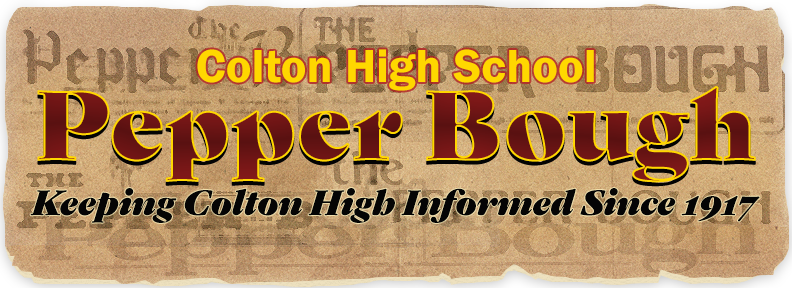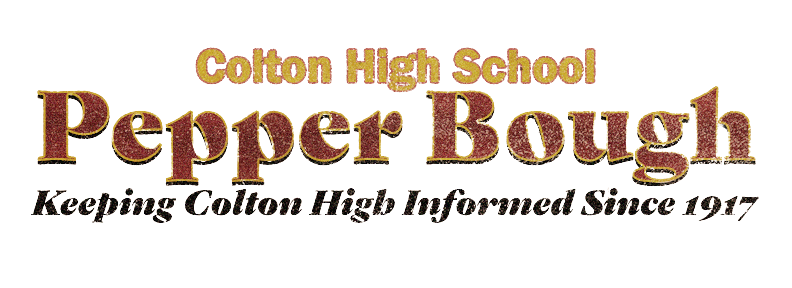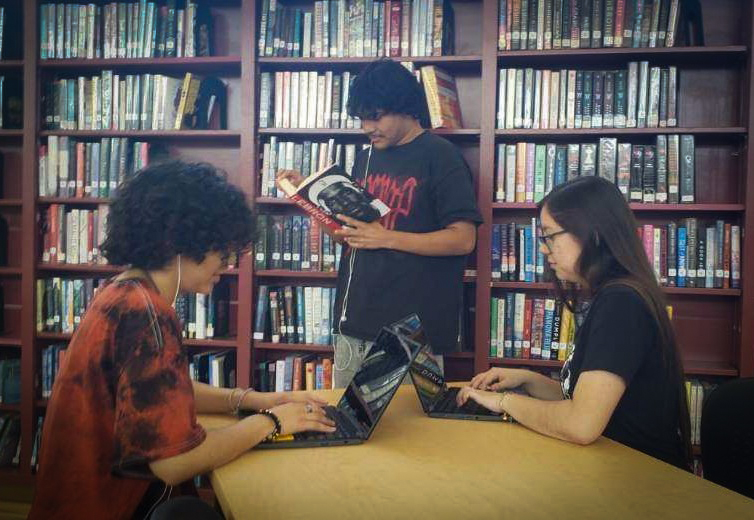On April 4, I was in Art reading the novel “Broken Whispers” by Neva Altaj, which I had just recently downloaded. I was taken by surprise when Mr. Lopez told me I was wanted in the Assistant Principal’s office. Confused, I gathered my things and left. When I arrived to room 30, I was greeted with smiles, so I thought “Oh, maybe it’s nothing.”
I couldn’t have been more wrong.
When I sat down in front of the person who called me in, she told me that administration had received a “Gaggle Alert.” I looked at her, confused. I didn’t even know what a “Gaggle Alert” was, but I had a feeling that it wasn’t anything good.
She explained that a Gaggle Alert was the result of an algorithm programmed to flag references to sex, drugs and violence found on student devices.
Once I heard this, everything clicked. The only thing that could flag me would be my recently downloaded PDF novels, like “Broken Whispers.” When the school official saw that I understood her, she said something else that made my body tense and my eyes swell with tears.
“You’re a senior; I would hate to see you not walk.”
My blood went cold. My eyes fixated. Could all the work I had done to achieve my goals be for nothing because of my choice in books? She called my mom, then I left the office in a rush of shame and tears. My future was almost ruined!
Then I remembered a book I once read that dealt with suicide that I knew was available in the library. I logged into Sora, our school’s online library system, and immediately realized how wrong this all was. On our school-supported website, which we are encouraged to visit, not only one, but several books were available for check out that contain content that would have been flagged in a Gaggle Alert. Some of them were even more graphic than the book I was reading.
I decided to investigate further. I visited the library and was baffled to find that one of the books I was flagged for reading was available for checkout. The absurdity of this made me laugh, but I was upset by an obviously unfair and hypocritical situation. My ability to walk at graduation was threatened because I decided to download a book instead of borrowing it.
But I’m not the only one who feels this way.
I talked to several students and teachers. One student—who wished to remain anonymous—said, “Reading should be fun. You shouldn’t be shamed for your choice in reading.”
“Whenever we make something taboo, that makes it more enticing,” said senior English teacher Kristen Tornero. “It also cuts off communication because we are shutting down a part of life. There’s danger in that because you run the risk of not having the conversations at all.”
Some may argue—especially school officials—that flagging books is meant to ensure student safety. However, how are we being kept safe from reading? Sure, it may be alarming to find someone reading about suicide, but that doesn’t necessarily mean they are planning to inflict harm on themselves.
T.S. Eliot said “We read to know we are not alone.” Sometimes reading about taboo subjects shows us what we shouldn’t do, or it can help us better understand those who are traumatized and need support. Reading about the difficult subjects helps us navigate them in our own lives, especially when the adults are often more concerned with shielding us from them than discussing them with us.
While it’s great our school shows concern for our well-being, there are better ways to talk to students that don’t make them feel shame or fear of punishment. Reading books with heavy, real world topics isn’t something to be ashamed of, whether borrowed or downloaded.
Students should be able to choose the books they want to read without the risk of losing their graduation. How is downloading books on a school device any different than checking out books in a school library?
The truth is it isn’t.
It is unjust that my entire future was threatened due to the school’s hypocrisy and its failure to understand that they can not protect us against words on a page.




